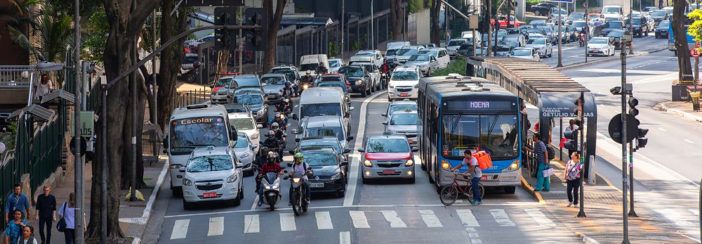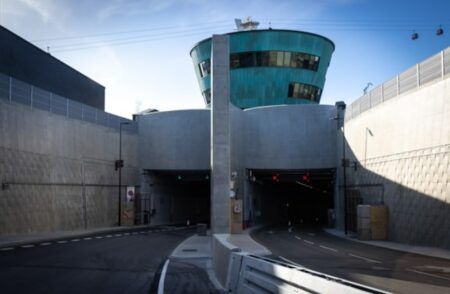The Toyota Mobility Foundation (TMF) and multiple public-private partners have launched a project to use advanced data driven analytics and ITS solutions to ease traffic congestion on one of the major corridors in Thailand’s capital, Bangkok.
TMF is cooperating with Thailand’s Ministry of Transport, Bangkok Metropolitan Administration, Metropolitan Police Bureau, Chulalongkorn University and Grab (Taxi) Thailand to develop a new system that will improve traffic flow on the capital’s Rama IV Road (Rama4), which will be known as the ‘Rama4 Model’. The new project was initiated as an extension of the TMF-supported ‘Sathorn Road Model’ program that took place from 2015-2017 and achieved positive results through the implementation of a variety of countermeasures. These included traffic signal control optimisations, the introduction of smart shuttle services, flexible working time, park & ride schemes, and other initiatives. These activities allowed the development of a clear roadmap to counter congestion, and the partners submitted it to the Thai government for implementation across the city.
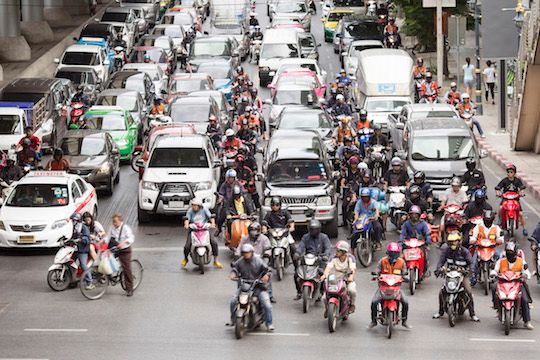
Funded through a grant of approximately US$1.6m from the Foundation to Chulalongkorn University, the new Rama4 Model project is scheduled to last about 18 months from November 2019 through to early 2021. The trials will study and test the ability of advanced data-driven solutions that can improve traffic flow on the Rama4 Road, which is one of the most congested areas in Bangkok. The corridor contains a unique set of circumstances including significant growth potential for new business and residential areas, such as the One Bangkok and Samyarn Mitrtown Project developments, among others.
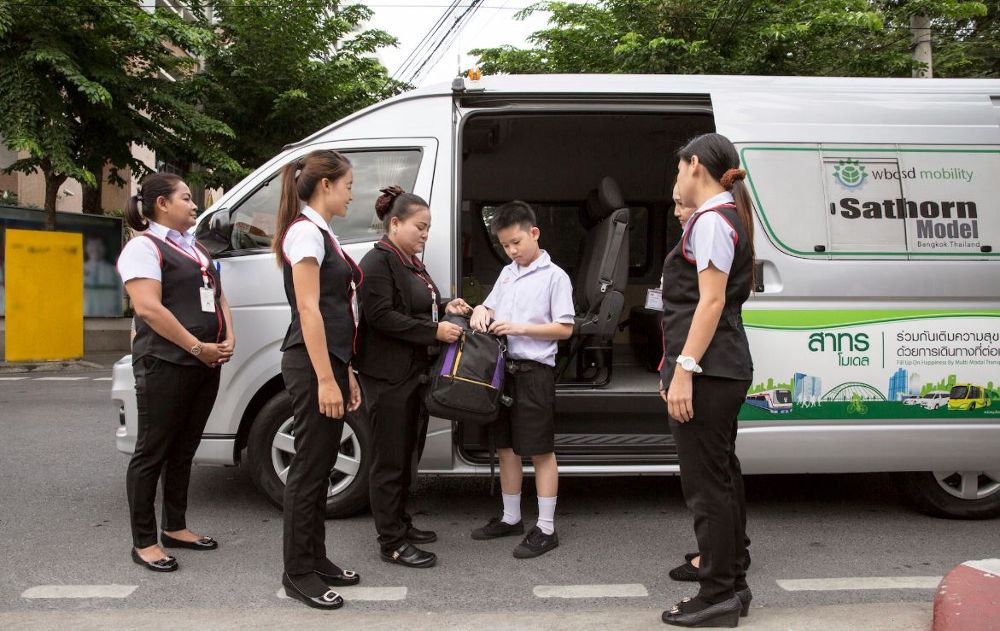
A critical component of the project will be the effective usage of huge and diverse sets of data from several sources such as GPS data from Grab Taxis and public buses, CCTV footage, and multiple sensors. This data will be combined with new artificial intelligence (AI) and machine learning technologies for analysis, together with knowledge from mobility and technology experts from private and academic entities such as Chulalongkorn University, ITIC, AIT (Asian Institute of Technology), Siametrics and Waycare. The project will seek to understand and visualise current traffic conditions and status, comprehend trends and patterns to predict future traffic issues, and eventually gain insights for the design of traffic management systems, transportation networks and city planning adaptations.
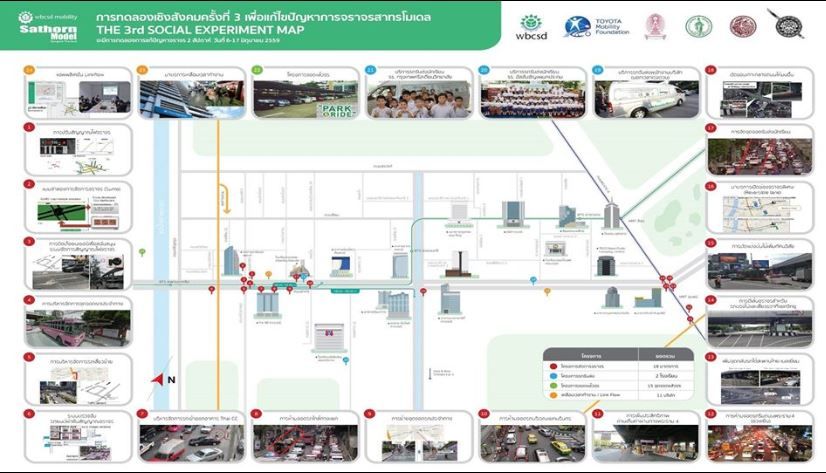
All the partners believe that this trial project will be, ‘a big step towards Mobility for All.’ Key to its success will be the close collaboration and cooperation of all parties, with each committed to their roles within it:
- The national and city governments will show initiative and leadership to deliver data and eventually implement the identified countermeasures to solve traffic congestion issues for their citizens;
- The academic institutions, like Chulalongkorn University as the primary project coordinator, will research and develop the advanced technologies needed to manage the route’s complex traffic issues;
- Private parties including Grab and AIT will contribute data and traffic optimisation knowledge;
- As an independent foundation, TMF will provide support through funding, mobility expertise, and project management.


